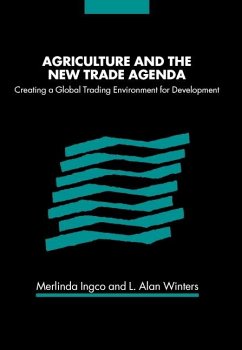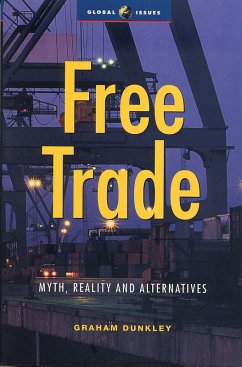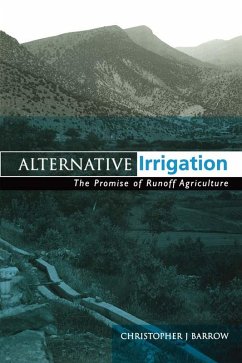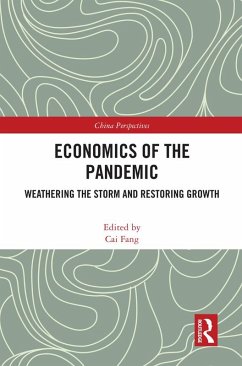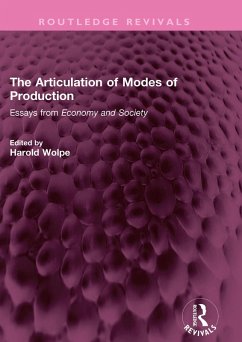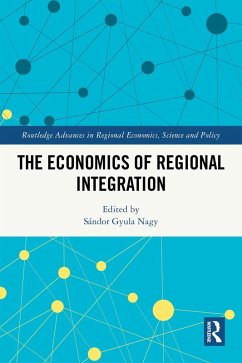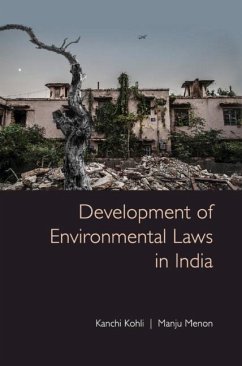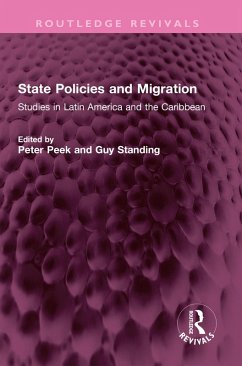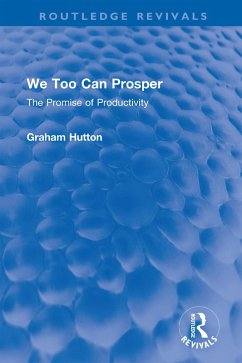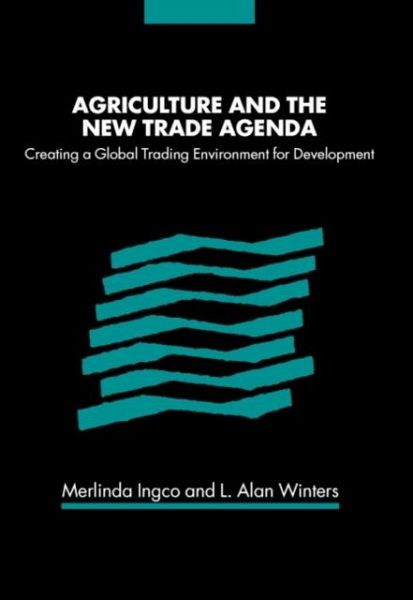
Agriculture and the New Trade Agenda (eBook, PDF)
Creating a Global Trading Environment for Development
Redaktion: Ingco, Merlinda D.
Versandkostenfrei!
Sofort per Download lieferbar
32,95 €
inkl. MwSt.
Weitere Ausgaben:

PAYBACK Punkte
16 °P sammeln!
Negotiating the liberalization of world agricultural trade in the World Trade Organization (WTO) is fraught with difficulty due to the complexity of the issues and the wide range of interests across countries. In the round of global trade negotiations under the WTO, different perspectives on trade reform have produced a highly contentious agenda. These issues are addressed from a range of perspectives in this survey of the trade agenda and its implications for both developing and developed countries. Agricultural trade specialists, including those in universities, in international organization...
Negotiating the liberalization of world agricultural trade in the World Trade Organization (WTO) is fraught with difficulty due to the complexity of the issues and the wide range of interests across countries. In the round of global trade negotiations under the WTO, different perspectives on trade reform have produced a highly contentious agenda. These issues are addressed from a range of perspectives in this survey of the trade agenda and its implications for both developing and developed countries. Agricultural trade specialists, including those in universities, in international organizations and think tanks, analyse a comprehensive range of topics including interests and options in the WTO trade negotiations, the trade agenda from a development patent perspective, WTO trade rules, trade barriers, tariff negotiations and patent protection for developing countries.
Dieser Download kann aus rechtlichen Gründen nur mit Rechnungsadresse in A, B, BG, CY, CZ, D, DK, EW, E, FIN, F, GR, HR, H, IRL, I, LT, L, LR, M, NL, PL, P, R, S, SLO, SK ausgeliefert werden.




